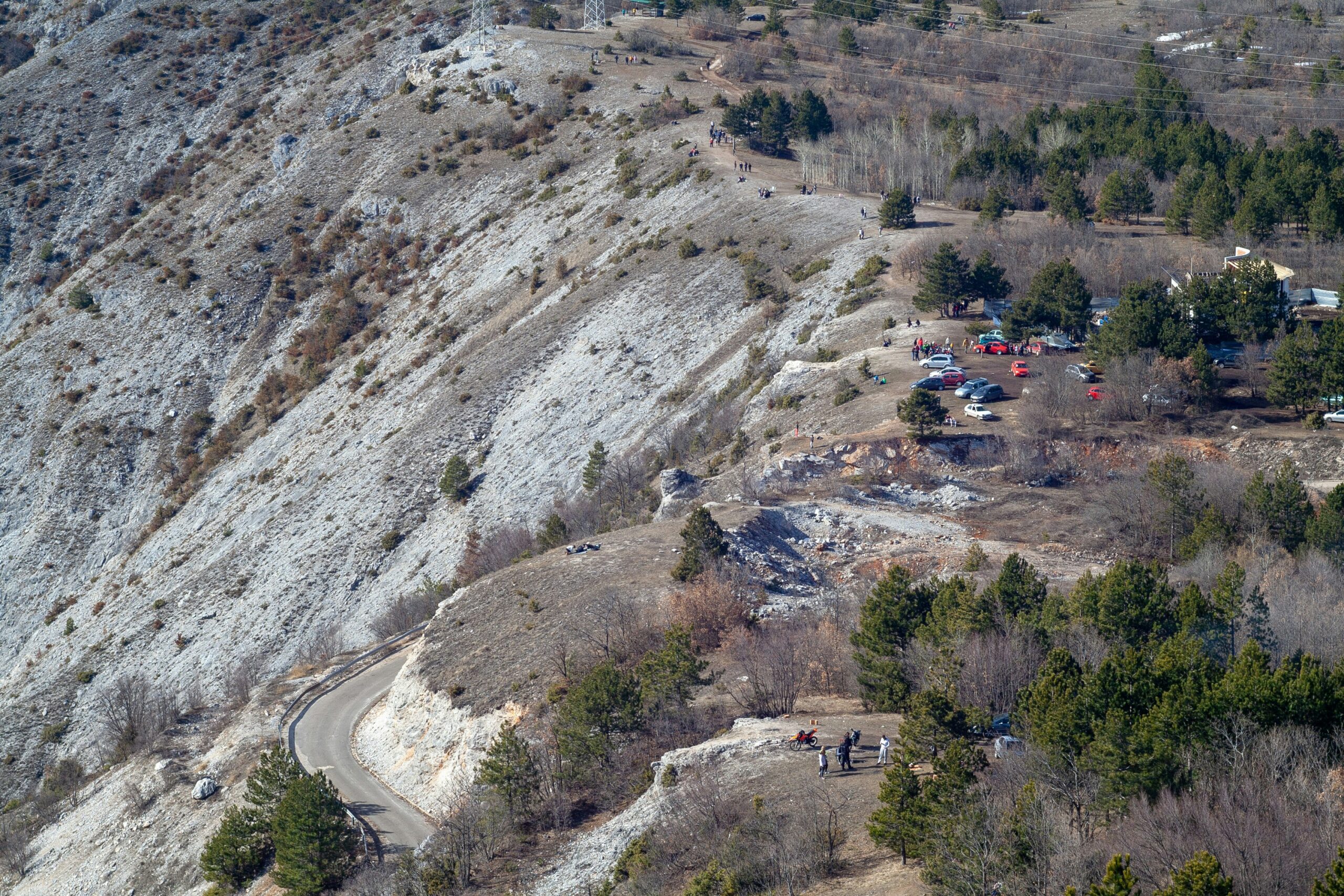The Kiteezi catastrophe that happened on August 10, 2024, claimed over 30 people. This incident is far beyond just a human tragedy but a hair-raising indictment of Uganda’s governance. It reflects the systematic negligence and a harrowing state of liberty in the country. In an era where waste management should be a routine part of urban planning, this incident where human beings perish beneath a mountain of refuse is an affront to human dignity. This implies that the most basic right, the right to life, is fragile in a nation where governance is characterized by neglect, incompetence and a blatant disregard for the welfare of its citizens.
The role of negligence and inefficient administration in public safety failures
How did the government’s failure to prioritize safety and environmental protection create the conditions for this tragedy? What image does this show about the country’s broader state of public service, where such negligence can lead to deadly consequences? Effective waste management is a fundamental public service that any responsible government should provide. Unfortunately, this service has been foregone in favor of profits and short-term gains by those in concerned offices and positions. In this particular incident, negligence was realized after evidence revealed that Kampala Capital City Authority ignored the warning made by Makerere University and University of Cape Town researchers in 2015, whose study analyzed the slope stability and settlement characteristics of the waste mass at the landfill. The lack of accountability and transparency in managing public resources endangered lives and eroded trust in the government’s ability to protect its citizens. These resources could be used to establish essential waste management infrastructure to ensure the safety of its citizens.
What does this occurrence expose about the state of liberty in Uganda?
True liberty is not merely the absence of chains but the presence and accessibility of opportunities, the assurance of safety, the right to a healthy environment, and the presence of conditions that allow individuals to live with dignity and ultimate security. The fact that Ugandans are buried under the weight of their waste, is an attestation of absolute weakness in the protection of basic rights and erosion of these fundamental freedoms. This is a severe threat to the right to life, the right to a safe environment, and the right to hold leaders accountable. How can citizens exercise their freedoms in a state where basic safety is not guaranteed?
Can Uganda Learn from Successful Waste Management Models?
This calamity was avertable, and the experiences of other countries provide clear evidence that such incidents need not to occur with proper governance. A case in point, Germany is one of the leading countries with the world’s most effective waste management systems. How has Germany and other nations like Singapore, Japan etc., turned their waste into a utility, and what steps can Uganda take to copy them? It is disturbing to go into these countries for benchmarking. Could they be learning nothing and forgetting nothing?
What impact does such governance have on the future of Uganda and liberty?
Beyond the loss of life, the landfill’s collapse is not an isolated incident but a symptom of a larger problem revealing how many more lives are at risk due to inadequate waste management practices and the potential public health crisis looming. As a developing nation, Uganda is grappling with challenges ranging from urbanization to climate change. However, the ability of its government to respond effectively will determine the country’s future. The only question demanding answers is how Uganda’s long-term stability, preservation of liberty, and ability to cope up with challenges will be if systemic negligence and corruption continue to undermine public services.
A call to action
As the country grieves its fallen, it must also demand accountability. Those responsible for this tragedy must be held to account. More importantly, Uganda must embark on a path of renewal that prioritizes the well-being of its citizens and the protection of the environment. Only then can we hope to build a nation where liberty is not just a word but a lived reality.
Samuel Tahinduka is a local coordinator at Africa Students for Liberty. He is a third-year student studying Geographical Sciences at Makerere University in Kampala.
Photo by Marko Sabolic via Unsplash.

